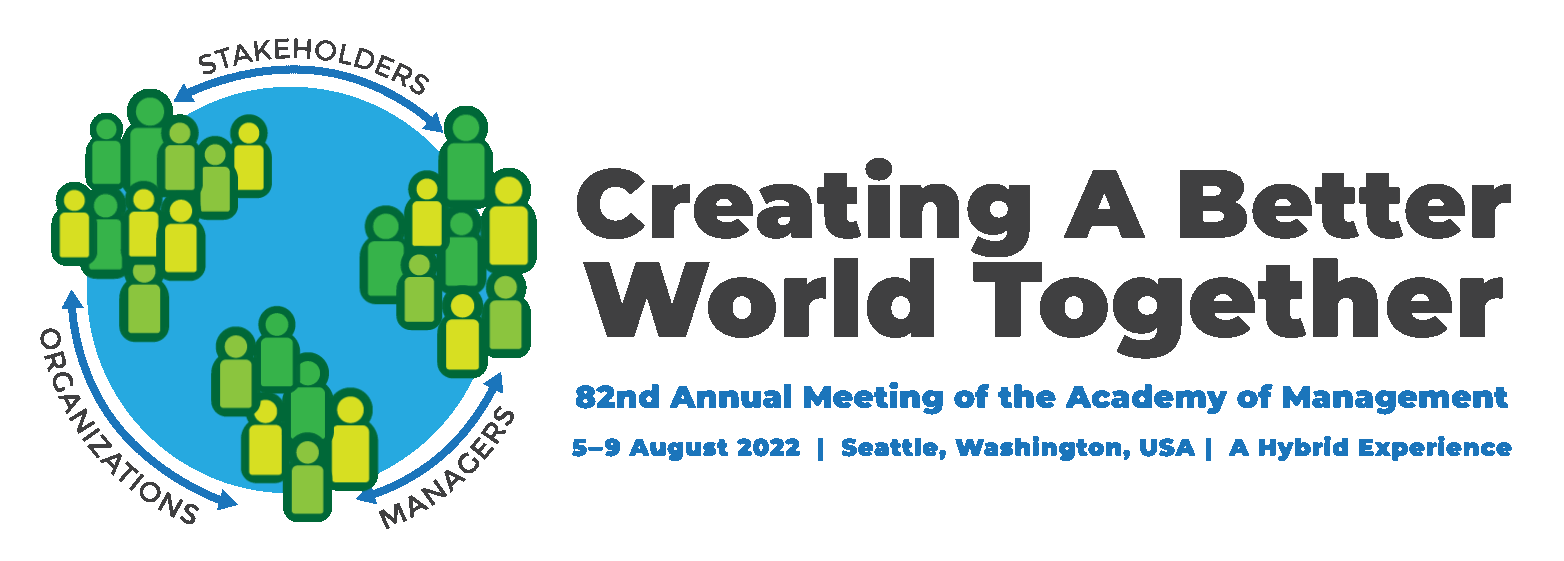
AOM 2022 Theme
Creating a Better World Together
82nd Annual Meeting of the Academy of Management
5-9 August 2022
Vice President and Program Chair: Sharon A. Alvarez, University of Pittsburgh
Many organizations and the world’s social structures have been vastly challenged, and, in some cases devastated, by the COVID-19 global pandemic and the broad social unrest of the last couple of years. The resulting uncertainty has stunned and shaken us all. Governments became polarized as millions of people lost their lives during the COVID 19 pandemic while riots over social inequity swept the world. The events that have shaken the world make it clear that if it affects one of us, it affects all of us. While governments have played a key role in responding to these world events, business organizations have been important in leading the world from darkness to better days. As the world emerges from the dark days of the recent past and a new normal takes place, collaboration and cooperation between business organizations, managers, and stakeholders will be of utmost importance.
What will business organizations look like in the new normal? While the spreading uncertainty challenged many organizations and social structures, several lessons were nonetheless learned. The innovative strides made during these last couple of years illustrate that business has the capacity to address world problems at a pace and scale that few would have predicted. During these last two years, disparities around the world and within countries were laid bare. However this period also led to a new awareness for organizations and managers as well as scholars of management; this could be an opportunity to reset organizational practices that enable the creation of new future organizational arrangements.
Business organizations, managers, and stakeholders will be challenged by society as perhaps never before in history. So too will scholars of management be challenged. In many parts of the world, society increasingly expects business organizations to help solve problems of environmental degradation, inequality, and poverty. There seems to be a growing awareness of the vital role of business organizations, managers, and stakeholders in tackling societal challenges including environmental sustainability; inter-generational trade-offs where future generations cannot make their voices heard today; and issues of diversity, equity, and inclusion. And business organizations and their managers are beginning to respond. Still, many challenges lie ahead for business and for us the scholars who study and inform management. This transition from the past two years to a better future leads to the following questions:
- To what extent is there a need to create future institutions, relationships, systems, and processes that are different from the past? To what extent do these structures in some way already exist and thus merely need to be improved upon?
- What skills will business organizations and managers of the future need?
- How can business organizations, managers, and stakeholders deal with prevailing uncertainty while responding to predictable situations in what might be ongoing transitions from one to the other?
- How can business organizations, managers, and stakeholders develop and enhance capabilities to anticipate and agilely respond to pandemics, other world-wide concerns, and new challenges?
- Will business organizations and governments need to work more closely together in the future?
- What will the future of work look like?
These and many more questions will need to be examined as we move towards a new normal. What, where, how, when, and why will business organizations, managers, and stakeholders seek to adapt to what exists or create a world in which we will all be better off together?
Session Information
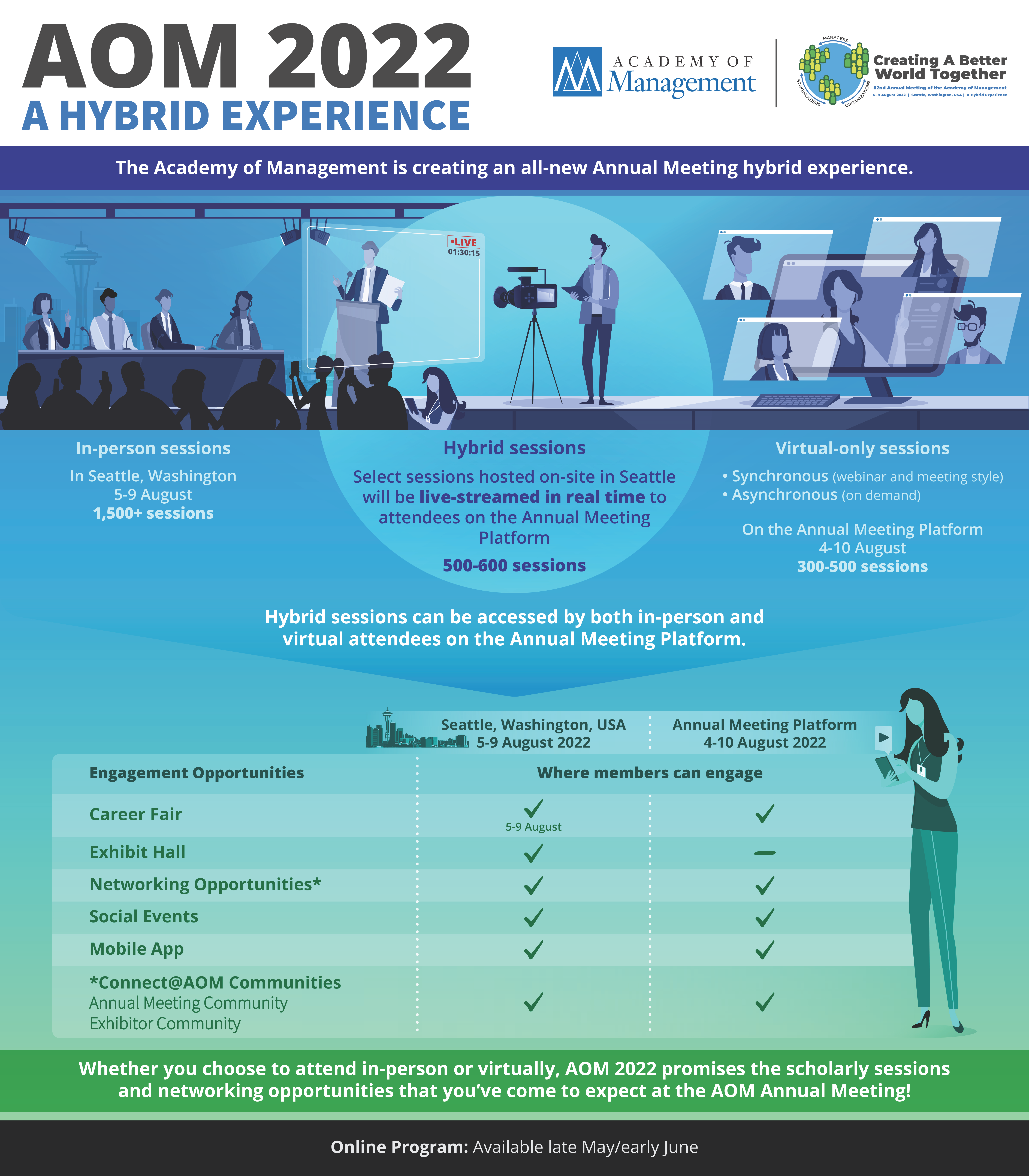
Meeting Resources
AOM 2022 Highlights
In 2022, the Academy of Management continued to push the boundaries of what the Annual Meeting could achieve by hosting its first hybrid event. Members met on site in Seattle and virtually to network and share research in new and exciting ways.
AOM 2022's Hybrid Experience featured:- 10,000+ attendees
- 7,000 attended in person
- 3,000 attended virtually
- 10,000+ individuals listed on the program
- New opportunities for social engagement and networking
- Expanded program with all session types available each day
- Preview Day on 4 August
- 1,283 in-person sessions in Seattle
- 436 virtual-only sessions
- 427 hybrid sessions
- 109 on-demand sessions
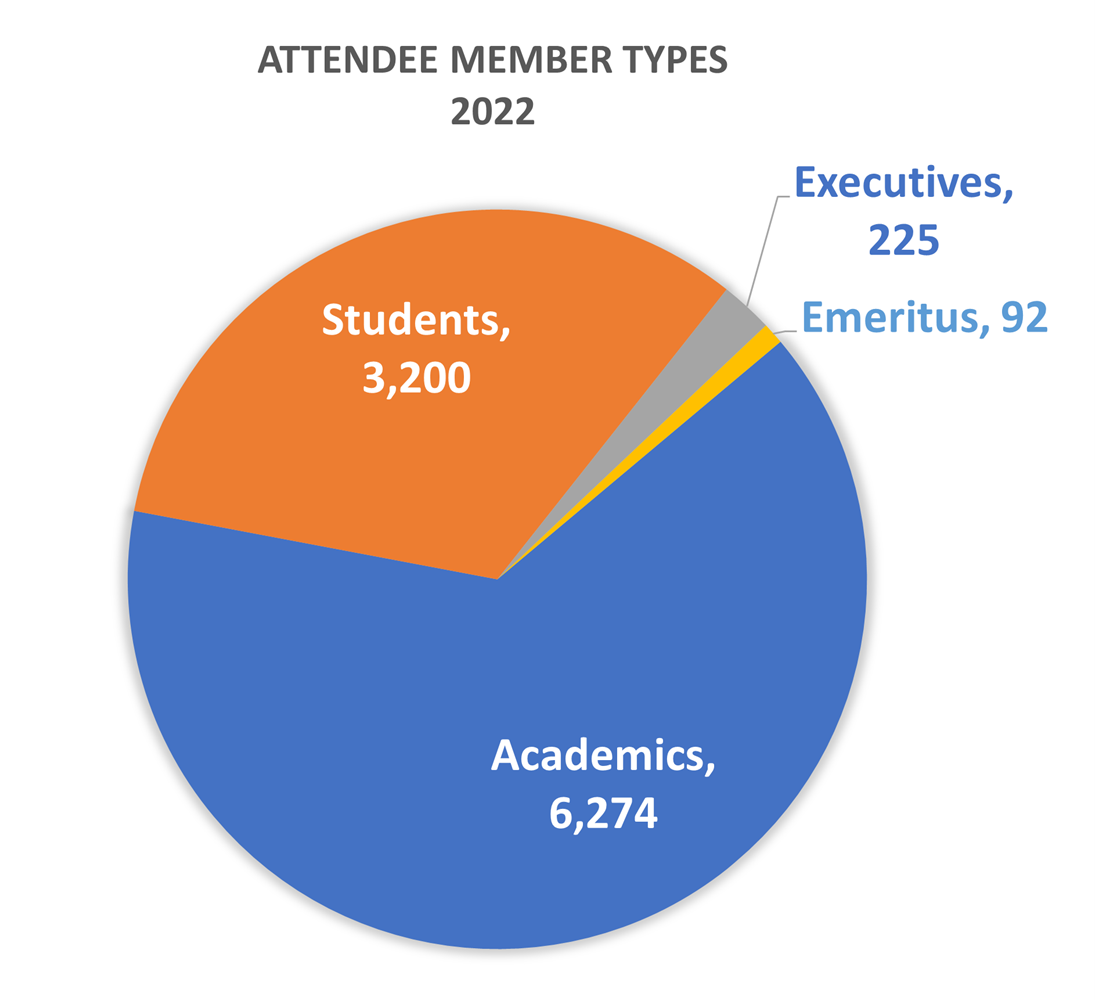
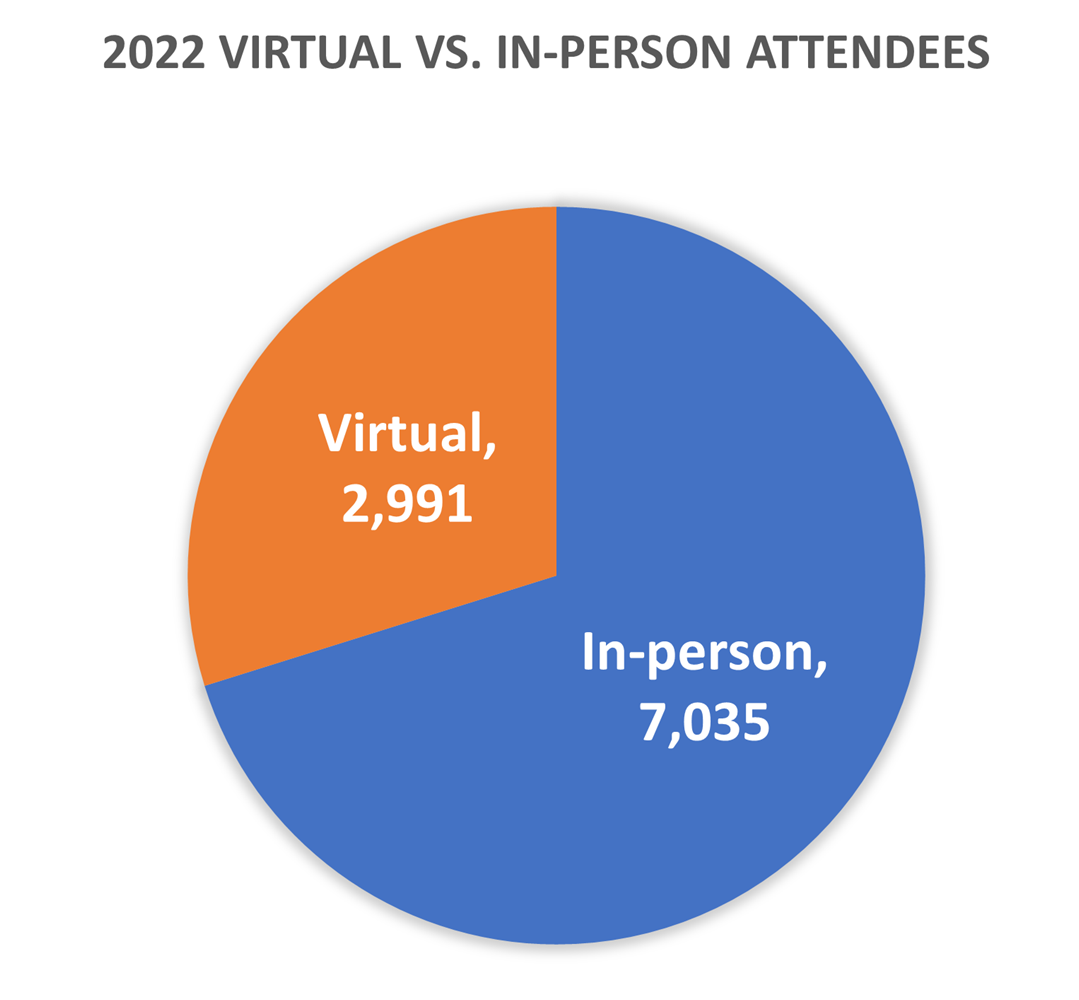
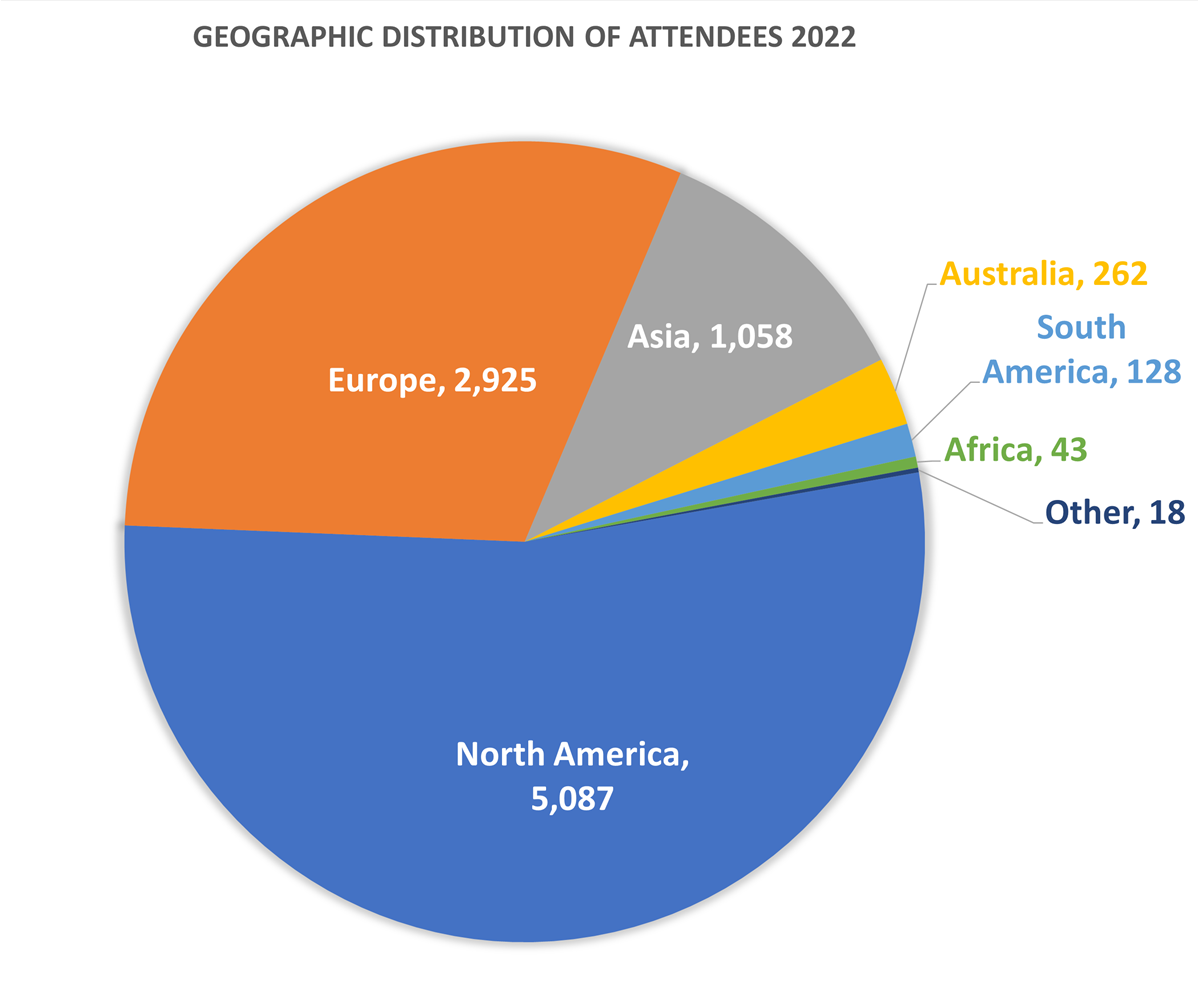
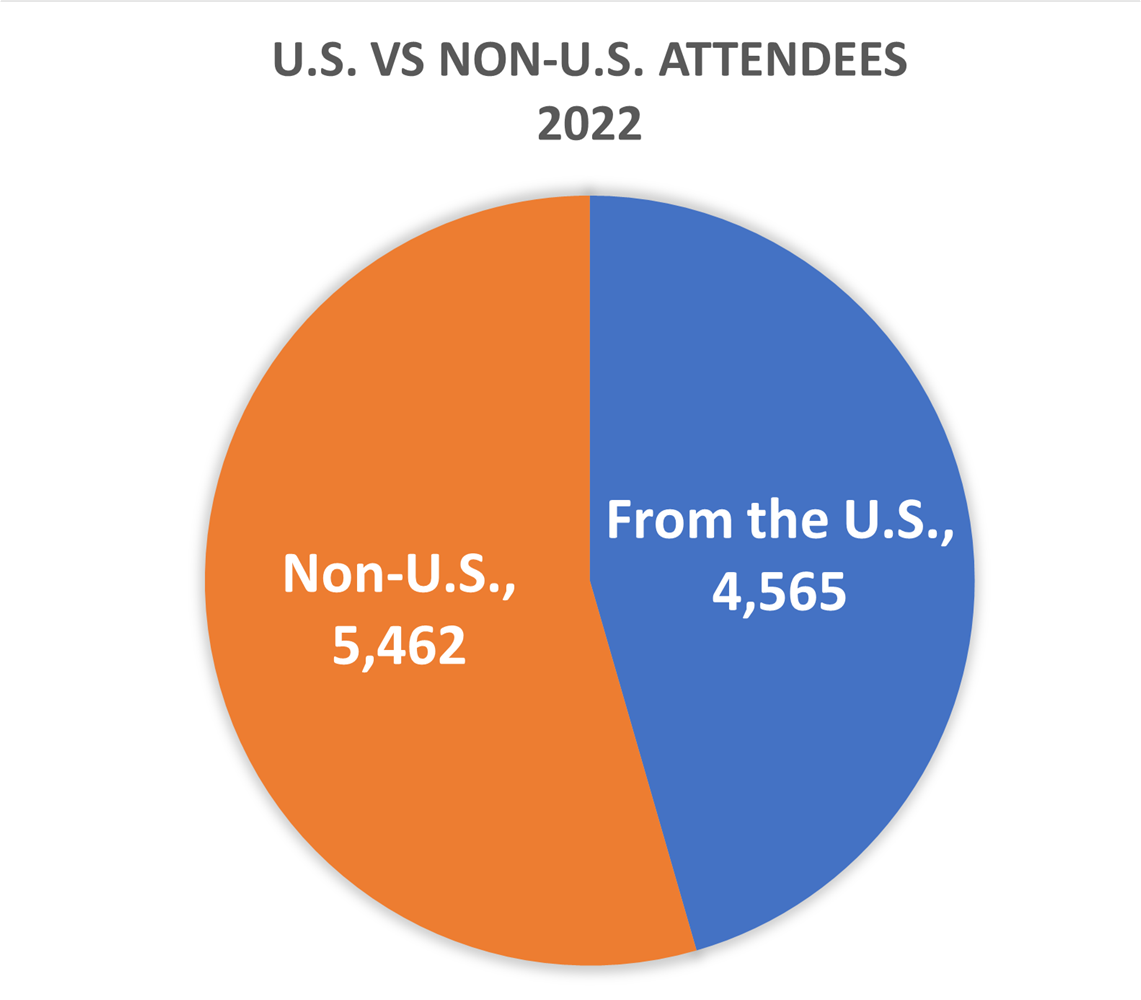
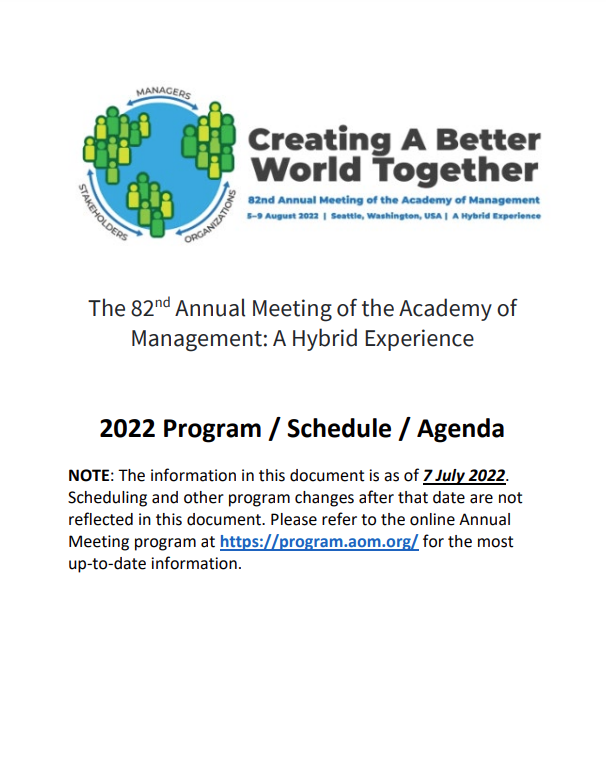
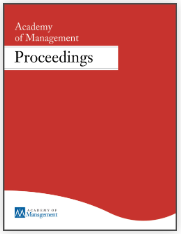

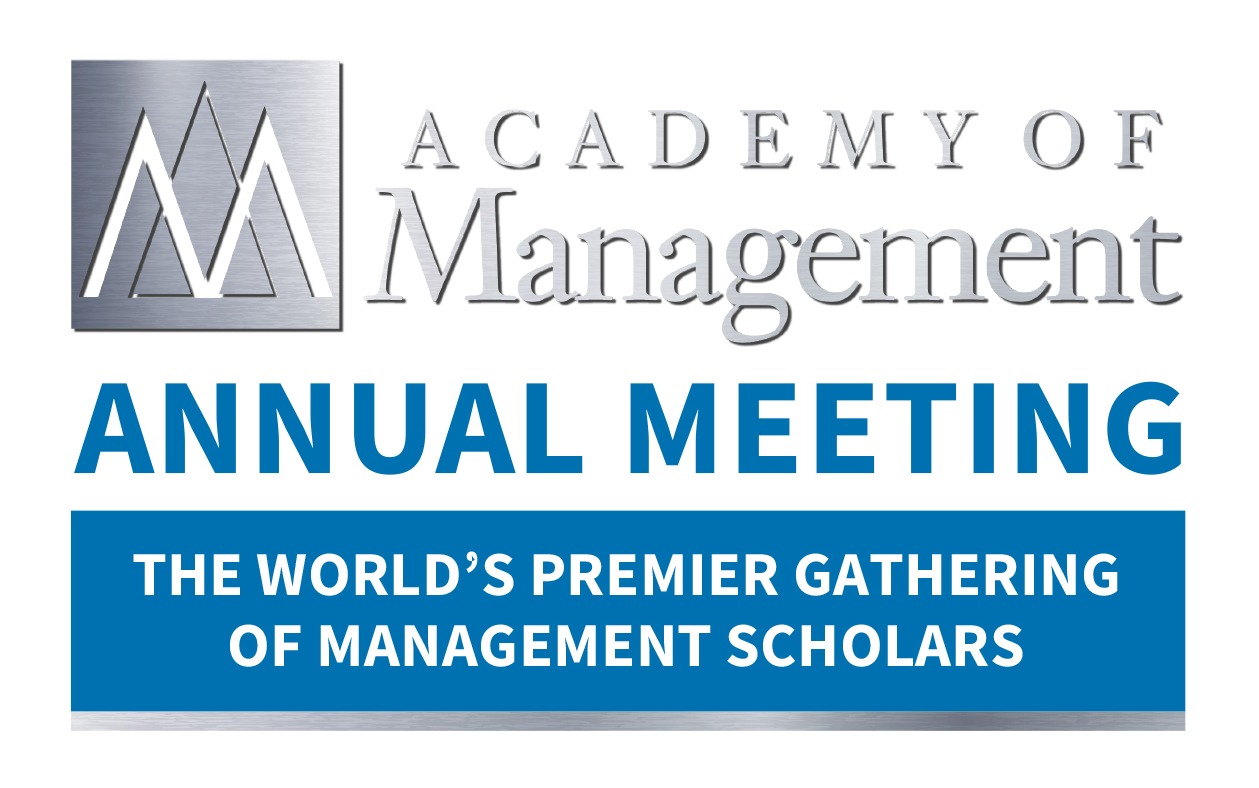 85th Annual Meeting of the Academy of Management
85th Annual Meeting of the Academy of Management